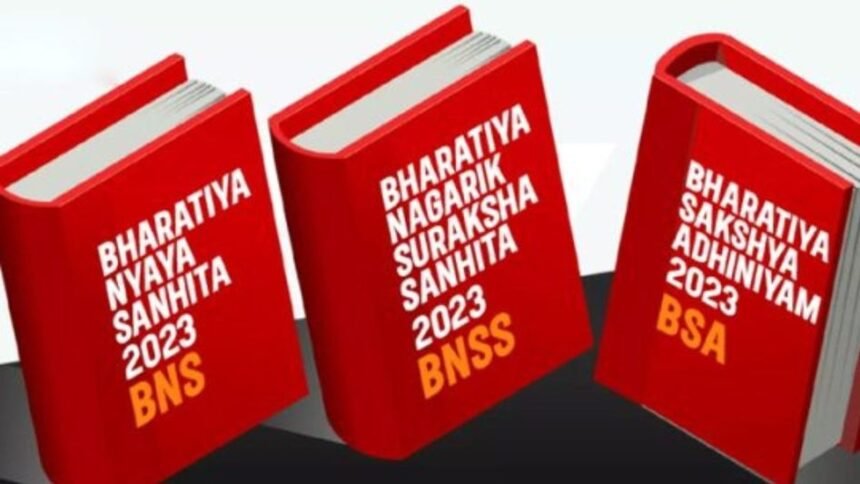In a significant move, Arunachal Pradesh will utilize the English and Hindi versions of three newly introduced criminal laws, an official disclosed on Friday.
This decision stems from the state’s vast array of dialects.
Training for officials and concerned parties is underway to adapt them to these new laws.
Effective from July 1, the Bharatiya Nyaya Sanhita 2023, Bharatiya Nagrik Suraksha Sanhita 2023, and Bharatiya Sakshya Adhiniyam 2023 will replace the longstanding Indian Penal Code 1860, Indian Evidence Act 1872, and the Code of Criminal Procedure 1973 nationwide.
Meanwhile, Assam’s senior advocate, Santanu Borthakur has raised concerns about the impact of the new criminal laws on the Assamese-speaking population. With the new criminal laws set to be implemented from July 1, the Assamese translations essential for the state’s police force and legal community remain unavailable, which could cause chaos in the state, especially when people file cases at police stations.
Speaking to India Today NE, Borthakur said that while judges and lawyers will primarily work with the original English versions of these laws, people might face significant challenges in understanding the new criminal laws due to the lack of translation.
“The lawyers and judges will not face any obstacles as they will only work on the original English versions,” Borthakur said. “The difficulty will arise for the normal citizens who don’t understand English or the complex jargons involved in the new criminal laws.”
(Press the bell 🔔 Icon, for all latest updates)




